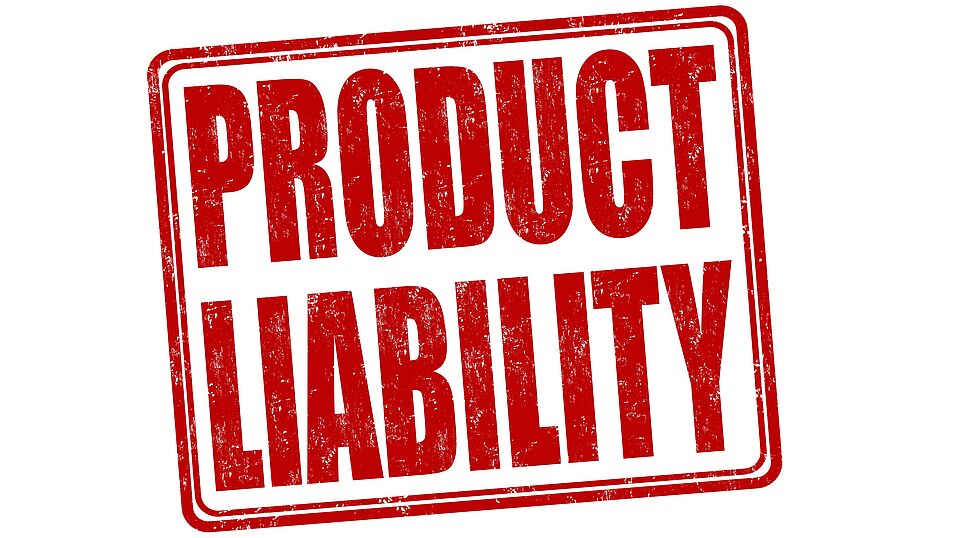The webinar was opened by Pascal Pichonnaz (Chair; ELI President; Member of the ELI Project on the Reform of the Product Liability Directive Project Team; Professor, University of Fribourg), who briefly presented ELI’s previous work on the revision of the 1985 PLD and its adaptation to the digital age, which culminated in the ELI PLD Draft.
Jean-Sébastien Borghetti (Co-Reporter of the ELI Project; Professor, Paris-Panthéon-Assas University), Bernhard A Koch (Co-Reporter of the ELI Project; Professor, University of Innsbruck) and Christiane Wendehorst (ELI Scientific Director; Chair of the ELI Project; Professor, University of Vienna) presented the most salient aspects of the ELI PLD Draft, including the scope of liability, the relationship with other EU legislation, the burden of proof and defences.
Amaryllis Verhoeven (Head of Unit Digital Transformation of Industry, DG GROW, European Commission) thanked ELI for the work done and for helping the Commission with ideas, also during the Commission’s public consultation phase. She presented the Commission’s work on the review of the PLD so far, explaining that the Commission’s legislative proposal for a revised PLD will be on the table in the coming weeks/months. Verhoeven said that some of the points the ELI output sought to address are similar to those the Commission felt urgently need revision. She went on to explain more broadly that the Commission’s proposal aims at adapting the rules for product liability to the digital age and circular economy as well as at addressing the issue of global value chains and online market places; it will seek to ensure a fair balance when it comes to the burden of proof, and align the PLD with other EU instruments. She expressed her hopes that ELI will also stay actively involved once the Commission proposal is out.
Marcel Kolaja (Shadow Rapporteur for the Opinion on civil liability regime for artificial intelligence; Member of the European Parliament) presented the work of the European Parliament on the topic, pointing out that the Parliament considers that the old PLD should be converted into a regulation and updated. He provided insightful comments on the ELI Draft, raising the question of whether free and open source software and its producers would also be covered under the Draft. He also emphasised the need to ensure that the product liability framework does not disincentivise the refurbishment of products, among other things.
Urs Buscke (Senior Legal Officer, the European Consumer Organisation (BEUC), member of the Advisory Committee of the ELI Project) presented BEUC’s views on ELI’s Draft. In general, he emphasised that the PLD should serve as a safety net for consumers, therefore it needs to be revised in a way that it can fulfil this task. He went on to provide comments on the definition of product, the notion of defect and relevant harm, where the positions of ELI and BEUC are closely aligned. He further reflected on the liability of online market places and the burden of proof, where BEUC welcomed ELI’s proposal but considered that from a consumer protection perspective further changes could be added.
During the Q&A, participants discussed, among other things, the need to strike a balance between the interests of consumers and industry, the liability regime under the PLD, the possibility of a cost-benefit analysis in case of design defects, fundamental rights risks in the context of product liability, and the role of online market places in the product liability scheme. Among other things, in response to Kolaja’s questions, Wendehorst explained that the draft does cover open source software and that the ELI Team’s approach to refurbished products is one that sought to give the consumer confidence that such products where defective attract liability under the PLD, therefore incentivising them to purchase the products, while ensuring their protection, and in doing so incentivising those that conduct repairs to do so with adequate care.
The recording of the webinar is available below:

